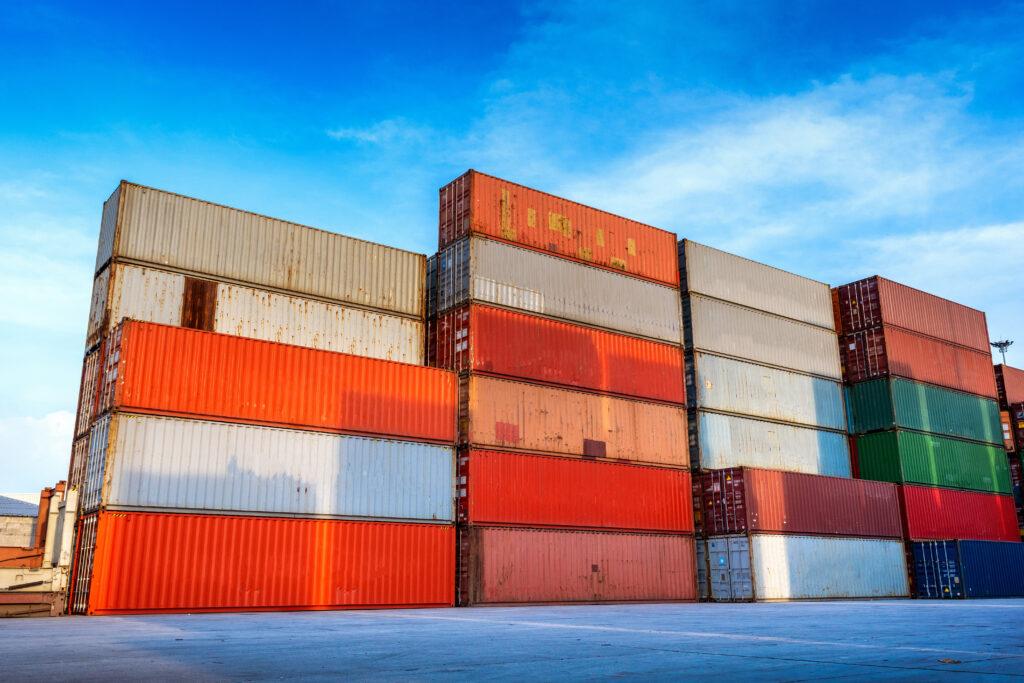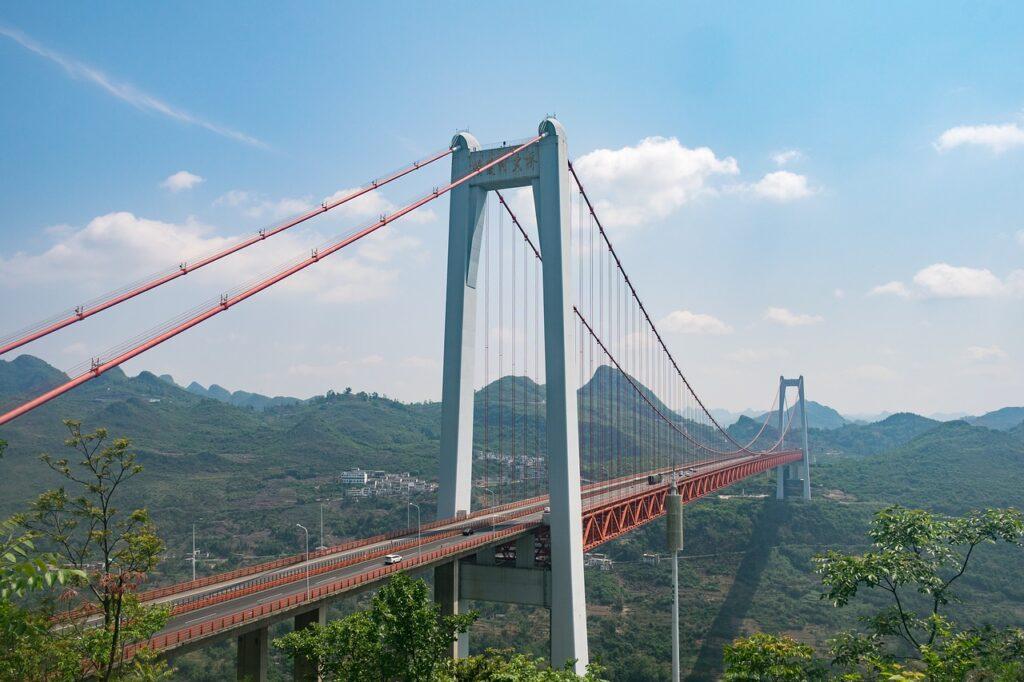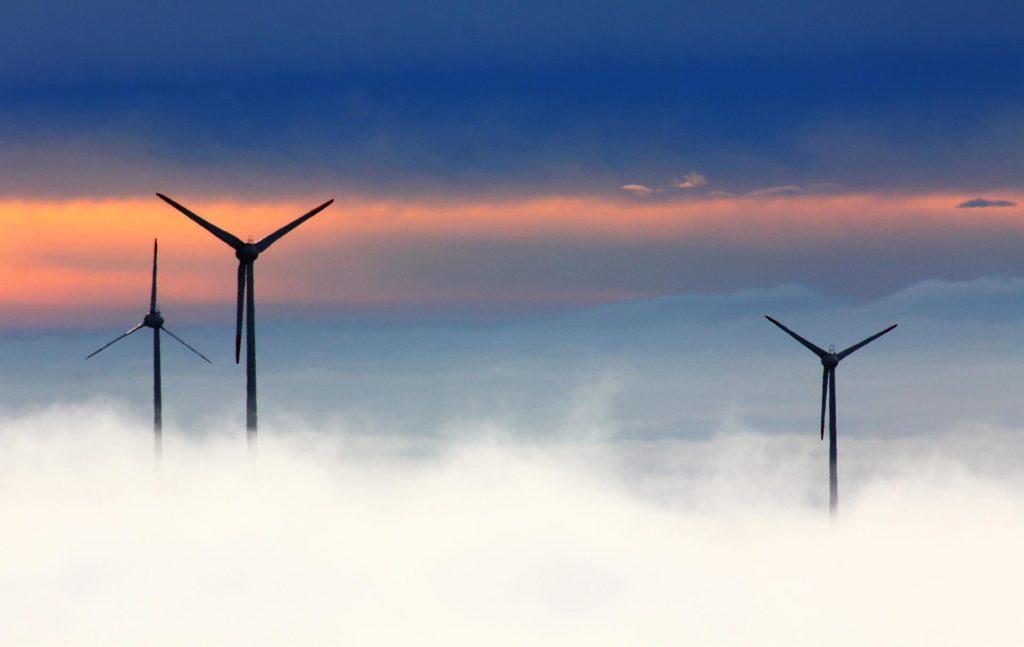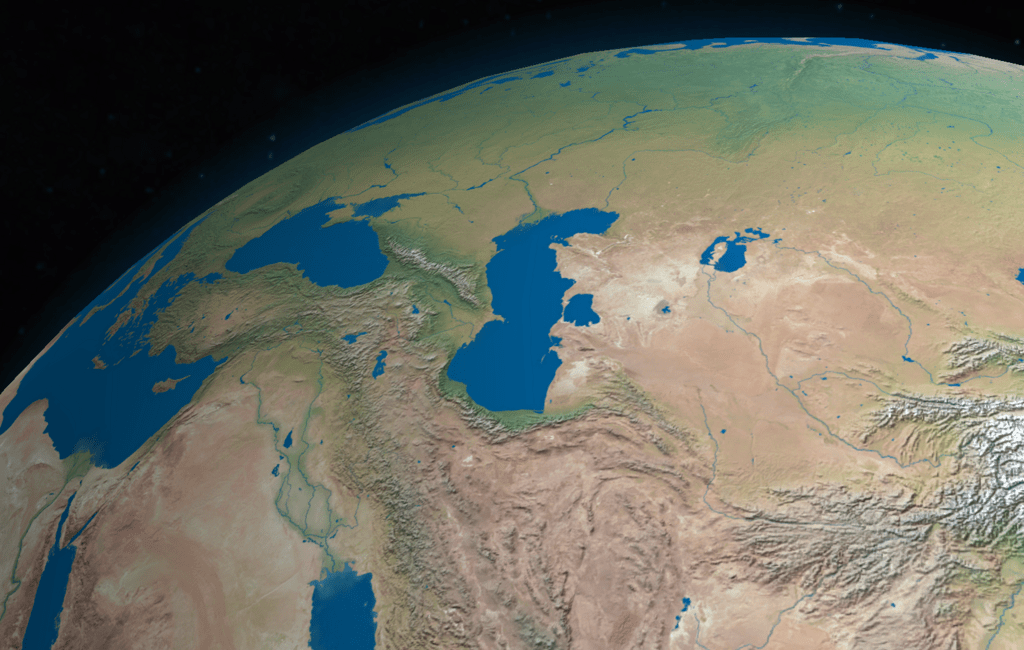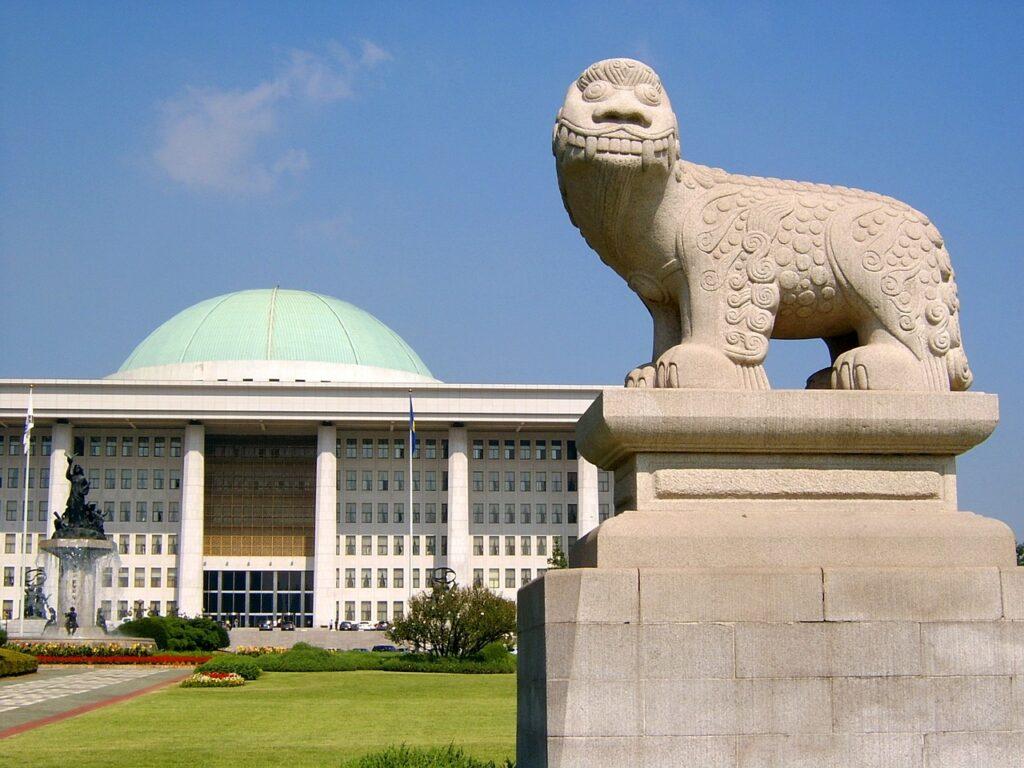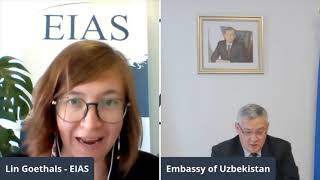
Navigating the Indo-Pacific Tides: Key Takeaways from the EU Indo-Pacific Ministerial Forum 2024
Amidst the complex currents of geopolitics, economic interdependence, and global challenges, the Third EU Indo-Pacific Ministerial Forum convened in Brussels on 1-2, February 2024, hosted by Josep Borrell Fontelles, the EU’s High Representative for Foreign Affairs and Security Policy and Vice-President of the European Commission. Now in its third year, the forum holds significant weight as a cornerstone of the EU’s overarching strategy for Indo-Pacific cooperation, originally conceived in 2021. As the EU and the Indo-Pacific region increasingly intertwine across security, economy, and society, the imperative for a unified and well-coordinated response to common challenges as well as opportunities becomes ever more apparent.



